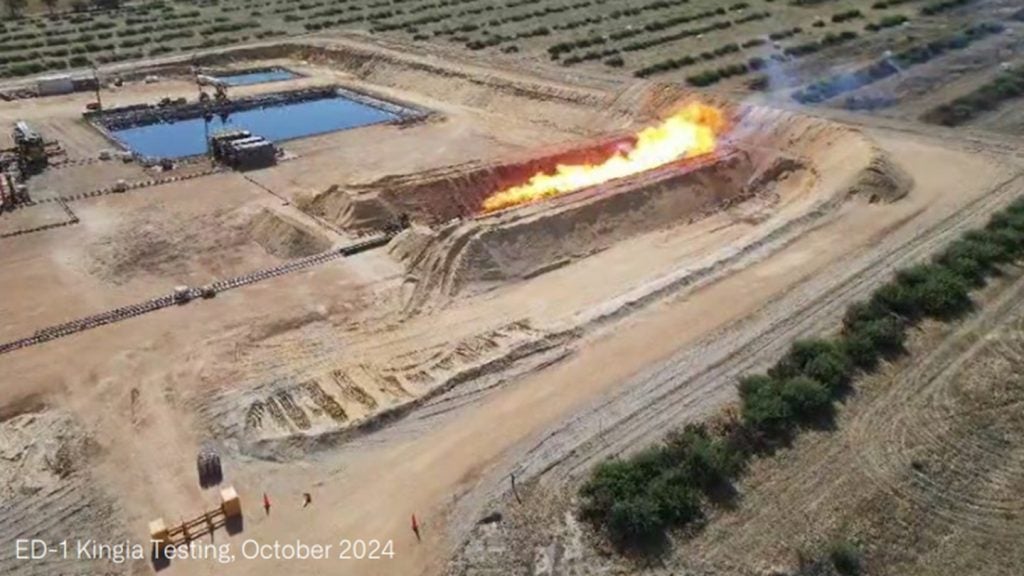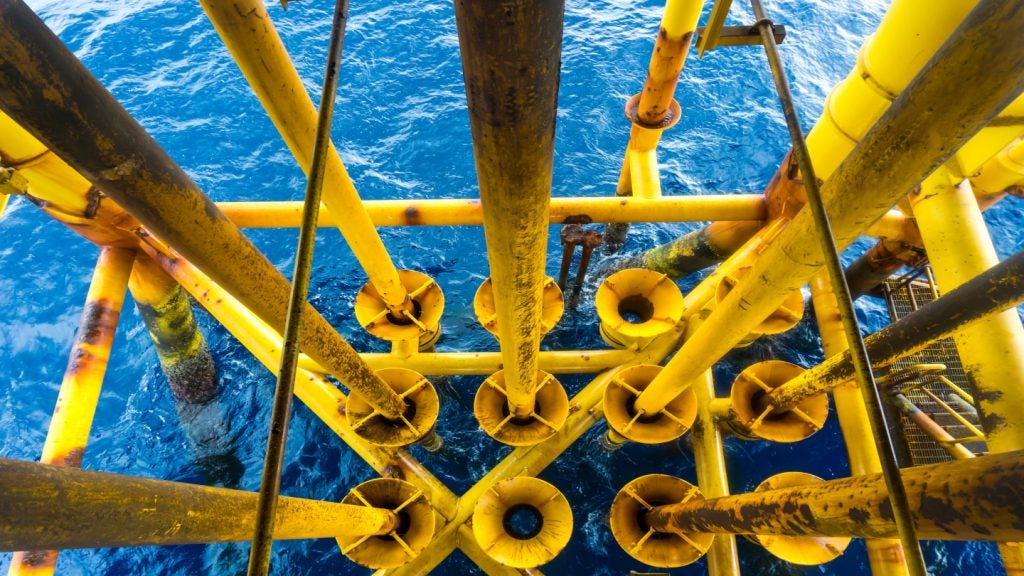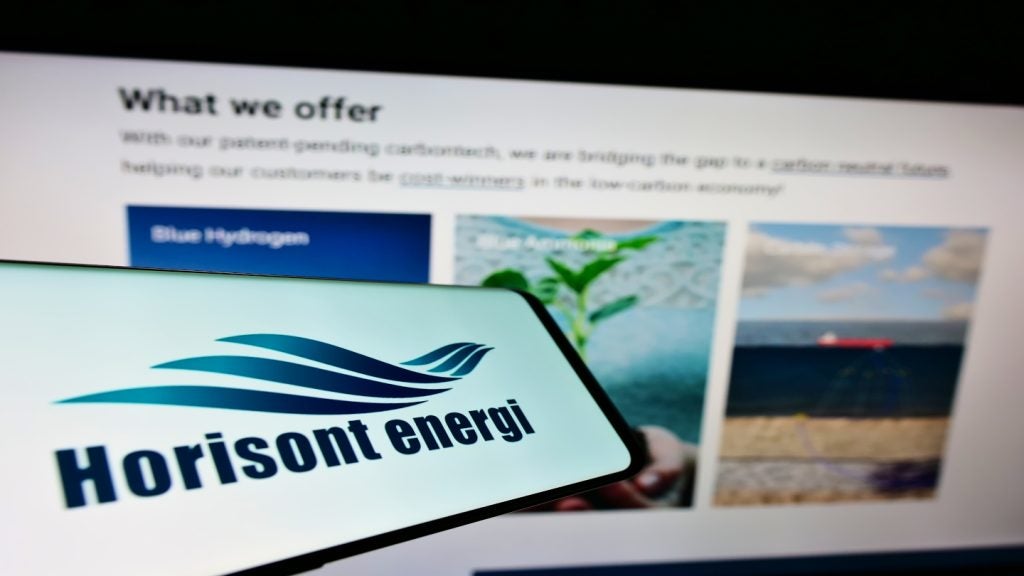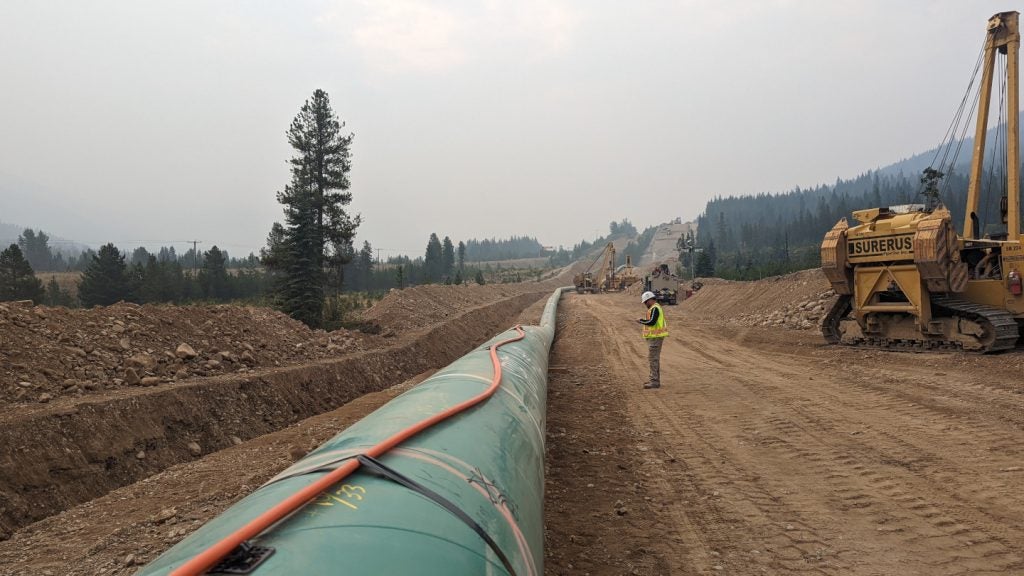In an attempt to improve Trinidad & Tobago’s financial position, the twin island nation’s government has implemented a series of measures aimed at reducing debt and increasing revenue from the oil and gas sector.
In December 2017, the government standardised the royalty rate at 12.5% on gross production from all hydrocarbons, evening out some variations from existing contracts.
In November 2018, the government launched the 2018 shallow water bid round, offering six blocks, in an attempt to secure future exploration. The areas are offered under a new model Production Sharing Agreement (PSA), for which the cost recovery limit remains at 50% as under previous shallow-water PSAs and the profit sharing is biddable.
However, in line with the standardisation of royalties, the new PSA-holders will be responsible for paying the 12.5% royalty, which had previously been paid out of the state’s share of production.
Assessment of internal rate of return and state take for gas development under the new PSA regime

Source: Upstream Economics, GlobalData Oil and Gas
How well do you really know your competitors?
Access the most comprehensive Company Profiles on the market, powered by GlobalData. Save hours of research. Gain competitive edge.

Thank you!
Your download email will arrive shortly
Not ready to buy yet? Download a free sample
We are confident about the unique quality of our Company Profiles. However, we want you to make the most beneficial decision for your business, so we offer a free sample that you can download by submitting the below form
By GlobalDataThe imposition of royalties on new PSAs could prove counter-productive as a government policy. Assuming similar values to the biddable profit oil split as was agreed for earlier contracts, the royalty would make the regime significantly less attractive and could, therefore, limit take-up on new exploration opportunities.
On the other hand, as this split is biddable, potential investors may offer relatively lower bids for the state’s share than they previously might have done under older model PSAs, in order to offset the royalty.
If this were the case, the state might actually receive a reduced share of profits from potential developments under the new model contract, as while profit oil will give the state a greater share of overall production when profits increase, this is not the case for a royalty.
If prices rise or costs are low, the imposition of a constant royalty over a higher progressive profit sharing yields less revenue for the government.
Although the overall effect may depend on the level of bids that the government accepts, the imposition of the royalty in the PSA regime carries risks both to the regime’s attractiveness to investors and the state’s share of future production.










Related Company Profiles
PSA Corporation Limited